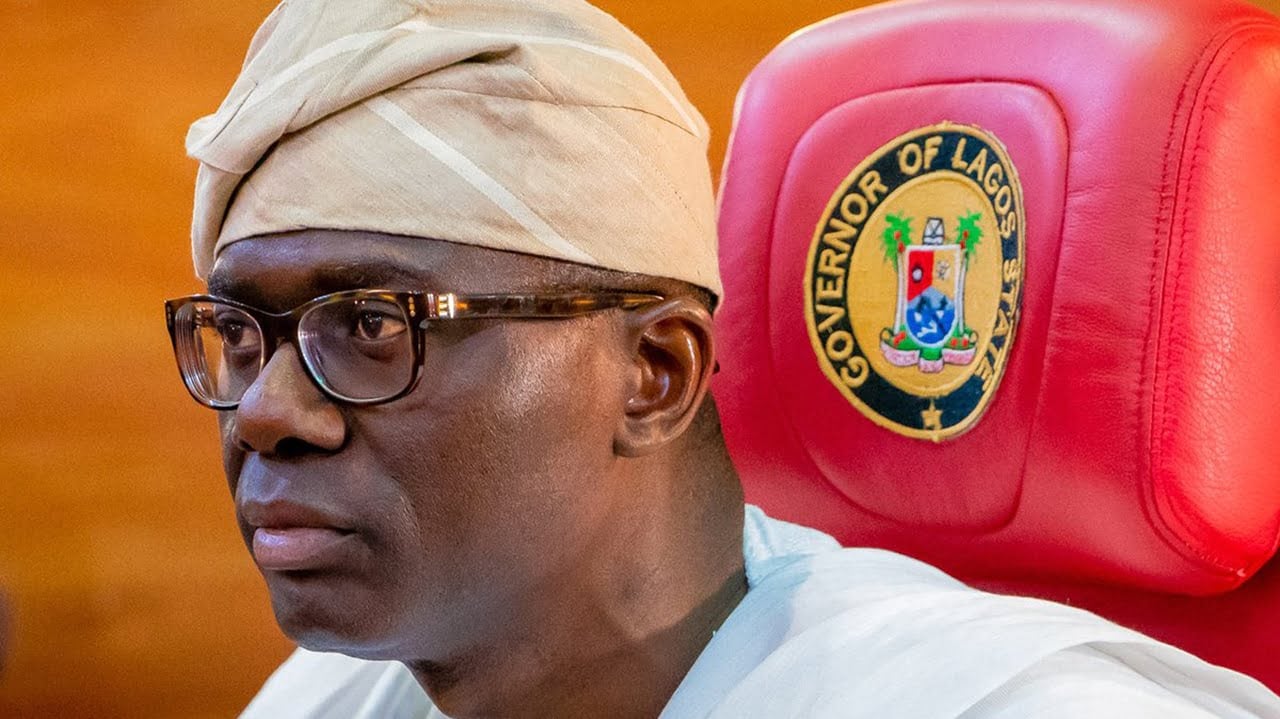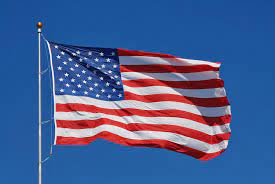Washington, Jan, 17, 2025 – The popular social media app TikTok will likely go dark for its 170 million American users this Sunday, Jan. 19, after months of fighting the federal government’s demand that it separates from its China-based parent company, ByteDance.
The Supreme Court on Friday unanimously upheld the federal law banning TikTok unless ByteDance sells it.
Justices heard arguments last week from TikTok and ByteDance, which argued that the ban is a violation of First Amendment rights. The court disagreed.
On Thursday, just days before the ban was set to take effect, the Biden administration said President Biden had no plans to enforce the law in his final days in office.
An official told the Associated Press the administration was leaving the fate of the app to President-elect Donald Trump.
The day after the ban is scheduled to take place, Trump will be sworn into his second term of office — with TikTok CEO Shou Zi Chew and Chinese Vice President Han Zeng expected to be in attendance — and has reportedly considered issuing an executive order that would halt the TikTok ban for up to 90 days.
Trump shared on truth Social on Friday that he had spoken to Chinese President Xi Jinping about TikTok.
As we inch closer to the federal ban on one of the most popular social media platforms, here’s what to know about the situation.
Why is TikTok being banned?
The federal government has argued that because TikTok’s parent company, ByteDance, is based in China, the platform is a potential threat to national security.
Therefore, TikTok could stay active in the U.S. if it separated from ByteDance and was sold to a U.S.-based company. ByteDance has said it has no plans to sell TikTok.
During the Supreme Court hearing on Jan. 10, Noel Francisco, the lawyer for TikTok and ByteDance, insisted that even though TikTok’s parent company is based in China, TikTok does not share any user data or personal information with ByteDance and that the Chinese government does not have any direct or indirect ownership or control over the company.
The Biden administration wrote in a Supreme Court brief that the law seeking to ban TikTok in the United States does not violate First Amendment rights because it was about separating the app from its parent company, which is similar to “approaches previously taken by Congress and the Executive Branch to address the national-security risks arising from foreign-owned commercial entities.”
Where the Supreme Court stands
The Supreme Court on Jan. 17 sided with the federal government.
“There is no doubt that, for more than 170 million Americans, TikTok offers a distinctive and expansive outlet for expression, means of engagement, and source of community,” the justices wrote.
“But Congress has determined that divestiture is necessary to address its well-supported national security concerns regarding TikTok’s data collection practices and relationship with a foreign adversary.” (Reuters)





